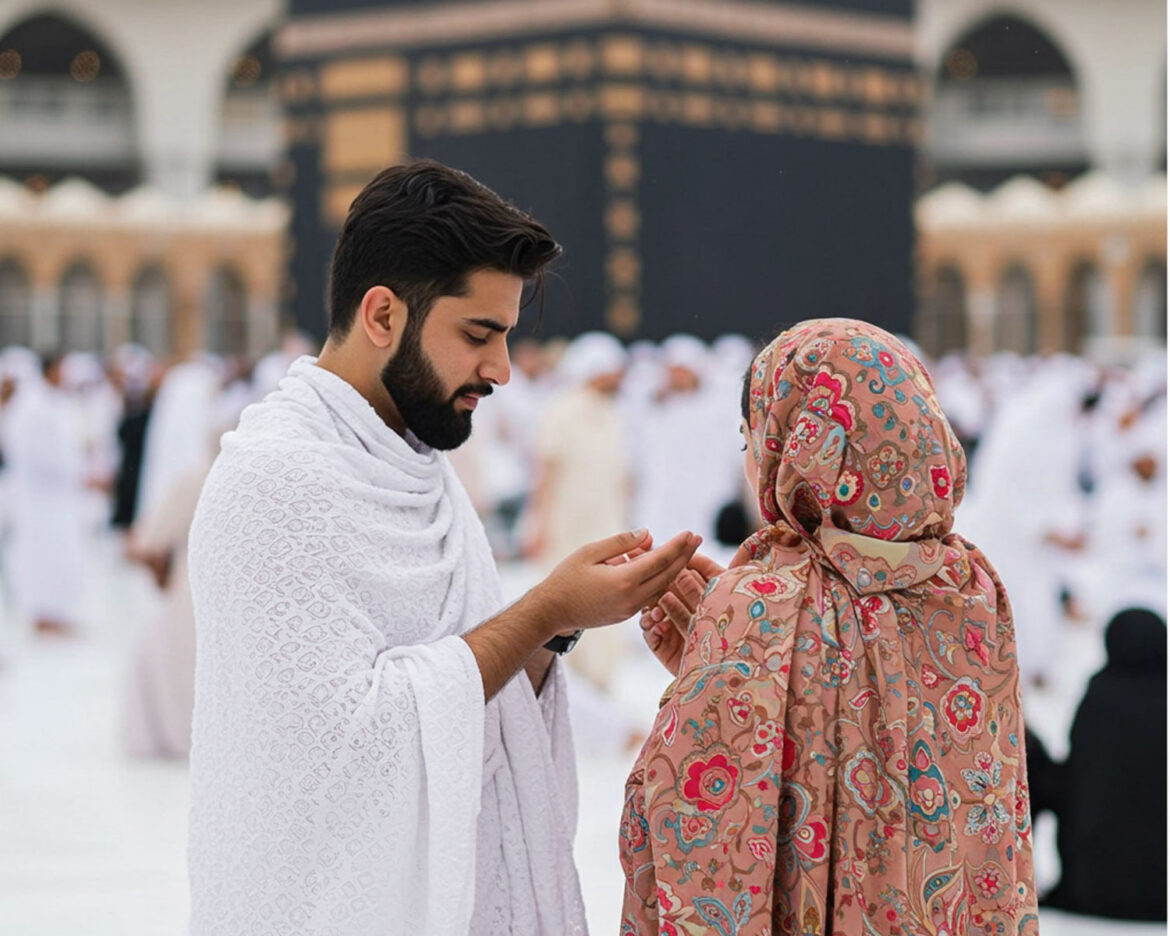In a move that has drawn both support and criticism, the government of Pakistan has introduced a new policy requiring women to obtain written permission from their husbands or guardians to perform Hajj. The announcement came as part of the revised guidelines for the 2025 Hajj pilgrimage.
According to officials, the policy aligns with traditional values and aims to ensure “family consent and support” for women embarking on the sacred journey. Women who fail to present valid approval will not be eligible to register for Hajj under the government or private schemes.
Critics argue that the new requirement undermines women’s autonomy and adds unnecessary barriers to fulfilling their religious obligations. “This policy is not only regressive but contradicts the spirit of Islam, which allows women to perform Hajj independently,” said one women’s rights activist.
Supporters of the decision, however, view it as a safeguard for family cohesion and religious tradition. “In our culture, family approval is a mark of respect and unity,” said a senior cleric who supported the move.
The debate has sparked a nationwide conversation about women’s rights and religious practices in Pakistan, with many calling for a review of the policy.
The revised Hajj guidelines are expected to be implemented starting March 2025, with further clarifications to be issued by the Ministry of Religious Affairs.



